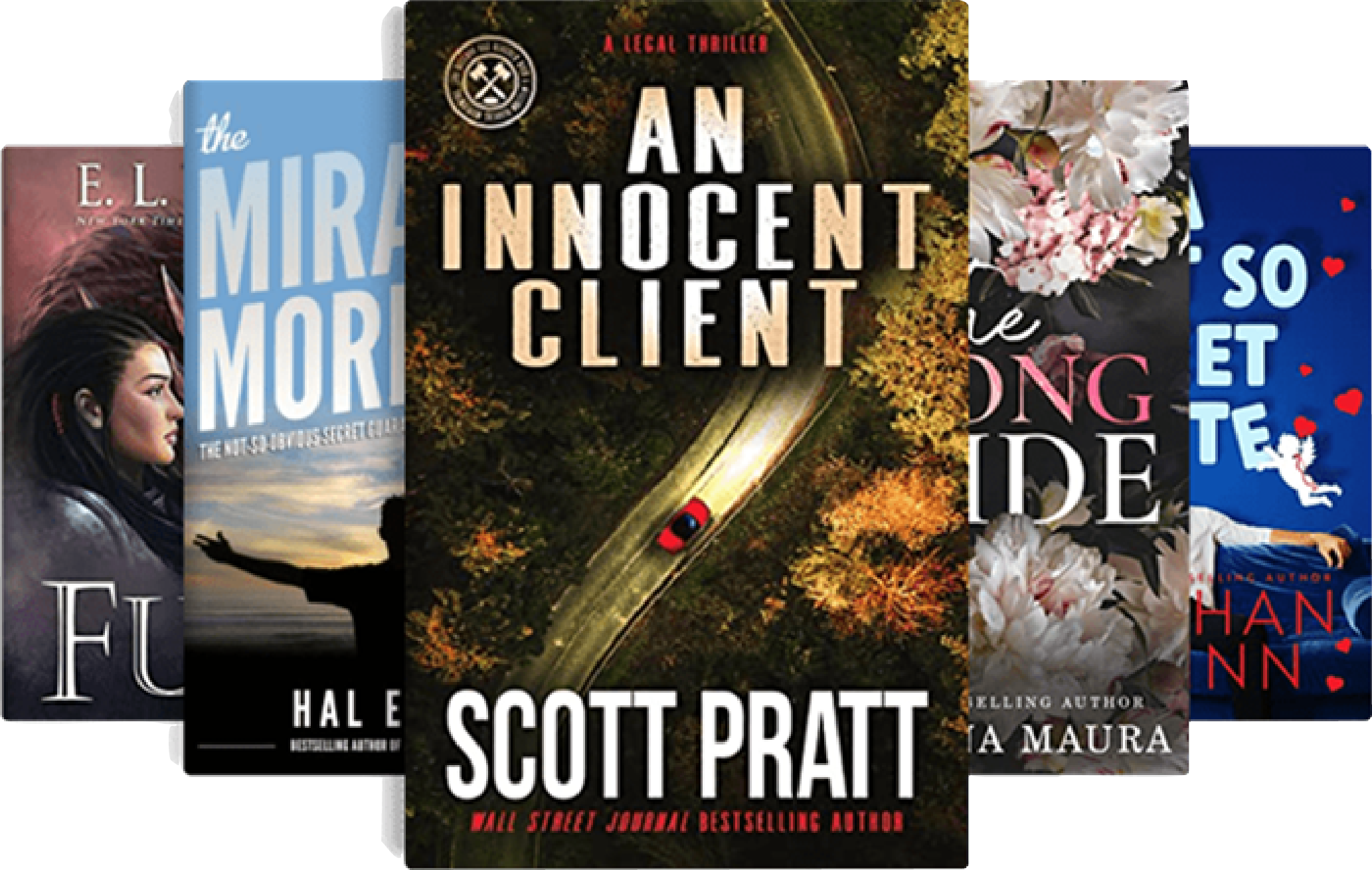These days, writing an eBook or self-publishing is quite simple. Additionally, it’s a clever method to develop your personal brand, assist others, expand your freelance career, and eventually increase your writing income. Many writers turn to book writing services in the USA to get professional help with their manuscripts. However, editing is at least one more step in the process after writing your book. And many writers are afraid of it.
Do you pay a book editing service, employ a freelance book editor, or do you go it alone and edit your own work? The process of selecting the ideal editor for your book doesn’t have to be difficult or costly.
Finding skilled and reasonably priced editors who offer editing services near me will improve your book, remove obstacles that might keep you from publishing, and provide your readers with more value.
Let’s explore the top 6 ways to find the right editor for your book.
Table of Contents
Toggle1. Know What Type of Editing You Need
After all, editing is editing, right? Wrong! To find the right editor, you must consider a number of variables.
For example, when it comes to little typos and mistakes, you might choose to have your book proofread by an editor. Or you could choose to rework your book with the assistance of an editor.
Typical book editing services include:
- Developmental editing looks at a book’s overall structure and scope. This is extensive editing and should be done first if necessary.
- Line editing, also known as stylistic editing, smoothes out each line to produce writing that is clear and fluid.
- Copy editing checks for internal consistency of facts while addressing language, punctuation, and word usage.
The last step is proofreading, which checks for mistakes, repetitions, and uniformity in formatting and spacing.
Note: Depending on the editor, these terms may be used in different ways. It’s important to find out exactly what services prospective editors offer. Many editors provide a free consultation if you are unsure of the editing services you require.
2. Test Editors Before You Hire Them
Some authors request a sample edit by sending an excerpt from their manuscript to several different editors. It’s a reliable method of determining whether an editor can spot mistakes, make better word choices, and preserve your voice. However, there are other ways to determine an editor’s level of expertise.
What if you had the answer key to an editing quiz that you sent? To determine who understands grammatical rules the best, you may compare the output of multiple editors. This will guarantee an editor’s effectiveness, particularly when it comes to copy editing. The key takeaway from this is to not employ an editor without first determining whether or not they are actually qualified to complete the work.
3. Choose an Editor Familiar with Your Genre
It is a well-known fact that the most successful writers have a specialty, regardless of how long they have been writing. Why? You may become an expert in that field, write better material, ask better questions, and know where to obtain research and sources by concentrating on a specialization.
For similar reasons, the top book editors usually focus on one or a few specialties. A competent editor is aware of the market for the content they work with. Make sure the person you hire to make modifications to your book has experience in your field, especially if they are doing developmental editing.
4. Look for Detail-oriented Editors
For book editors, the ability to pay close attention to details is essential. So how can you weed out editors who might not have the skills to see every typo, grammatical error, style flaw, and the like? You could post a job ad for an editor and use the tiny print in the description to gently eliminate those who aren’t as meticulous.
Put some random criteria in the middle of the job description, for instance, if you are creating a post to discover the best editor.
5. Get Recommendations and Check Testimonials
You can identify someone who has already demonstrated that they are capable of editing your book by asking your network for recommendations. If it doesn’t work, you could ask prospective editors for client testimonials.
If you plan to interview references in order to screen an editor, you may inquire:
- What kind of project did you two collaborate on?
- Was there anything that you didn’t like?
- Did the editor fulfill the timeframes that were agreed upon?
- Was the original quote matched by the final cost?
- Do you think you would rehire this editor?
While not all book editors will have references’ contact details, the majority will.
6. Consider Working with Emerging Talents
You may find that the editor with the greatest expertise and the best reviews also charges the highest price after you have done your research to select the ideal one. Consider giving a novice a shot if you lack the funds to hire a renowned editor for your debut book. Online platforms, social media communities for self-publishers, and ghostwriting agencies that offer editing services near me are all places to discover competent and reasonably priced editors.
Send an editing test, request references or a sample, include a secret note in your post, and check to see if the editor understands the various editing styles if their rates seem poor. Give an editor a chance if they pass all of these requirements. This could help you find a qualified editor who is both professional and reasonably priced, potentially saving you hundreds of dollars.
To Conclude
It doesn’t have to be difficult or costly to find the perfect editor. Enhancing your book and making sure it’s ready for readers is the same objective whether you’re working with an experienced veteran or a gifted upstart. The key is to ensure they understand your vision and goals. Many authors who use book writing services in the USA discover that professional editing elevates their work and helps them stand out in a competitive market. You may make an informed, calculated decision by being aware of the editing process, weighing your options, and looking for editors with the appropriate specialized knowledge. Keep in mind that editing is an investment in the success of your work, not just a last step.
Not sure where to start? Let our team at Ghostwriting Help connect you with skilled editors who know how to bring out the best in your book. Talk to us today and take the next step with confidence.
Frequently Asked Questions
1. What kind of book editing is required?
The stage of your manuscript will determine that. Investigate developmental editing if you require assistance with flow and organization. Line editing could be a good option if your draft is good but requires sentence-level improvement. Use copy editing for punctuation, grammar, and spelling. The last stage is proofreading if you’re prepared to publish.
2. What is the average price of hiring a book editor?
The experience of the editor, the amount of editing needed, and the word count of your work all affect editing rates. Although younger editors might charge less, it’s important to consider both price and quality.
3. Should I hire someone to edit my book, or can I do it myself?
You can edit your book, but proceed with caution. Although self-editing is a fantastic beginning step, it can be challenging to remain completely objective and identify all of your own mistakes. A competent editor may greatly enhance the quality of your work by contributing new perspectives, experience, and knowledge.
4. What are some ways to determine whether an editor is a suitable fit for my genre?
Request references from previous clients or samples of their work. Verify whether they have edited publications that are comparable to yours, particularly in terms of tone, structure, and subject matter. The customs, reader expectations, and market trends of your genre will be better understood by editors who specialize in it.
5. Where can I find reliable editors for self-publishing?
Try freelance platforms like Reedsy, Upwork, or Fiverr Pro, or professional ghostwriting agencies. Don’t forget to ask for referrals within your author network or writing groups.





